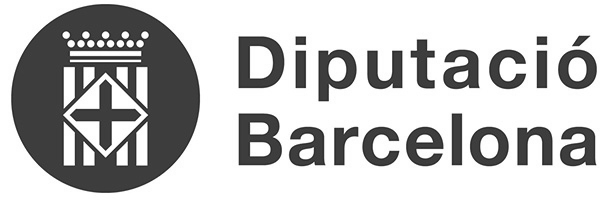The report, developed by the Spanish Council of Architects’ Associations together with the professional group forming the Urban Regeneration Working Group, aims to establish consensus among sector professionals on the definition, evaluation, benefits, phases, and stakeholders involved in regeneration projects. The document is intended to provide support and guidance for administrations initiating these processes for the first time, and to assist those already engaged in addressing strategic uncertainties they may encounter.
With Spain facing the challenge of an aging housing stock, there is a pressing need to update urban fabrics collaboratively with the residents who inhabit and care for them. This transformation aims not only to adapt to climate change but also to foster a more equitable society, ensuring regeneration reaches every corner. Accelerating the transformation and adaptation of our municipalities is urgent. We have successful case studies to learn from, data to inform decisions, and identified challenges to improve our legal framework and financing instruments. We have the necessary components; now we must synchronize their efforts.
300,000Km/s has been involved in the final stages of this report, integrating diverse perspectives, providing and supplementing information as guided by the expert committee, and ensuring the document represents all stakeholders comprehensively and cohesively. We contributed data and case studies, and visually enhanced key content. Above all, we have taken pride in shaping this publication, which we hope will contribute to tackling one of the most significant challenges in the years ahead.
The report is available for download on the CSCAE website:
https://lnkd.in/dX6fXkGA
Related links
https://lnkd.in/dX6fXkGAPromoters

